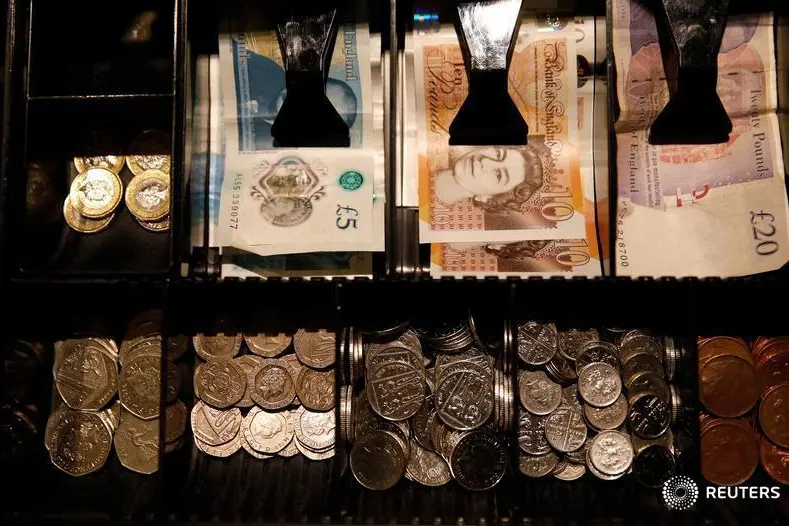PHOTO
LONDON- The British pound rose further away from 20-month lows on Tuesday, helped by a weaker dollar and confirmation Prime Minister Theresa May will seek parliamentary approval for her much-criticised Brexit deal in mid-January.
May faces an uphill battle in convincing her lawmakers to back her deal - she postponed a previous planned vote in parliament after allies warned her she faced a rout.
But the prime minister pledged on Monday to get assurances from the European Union before mid-January to try and break a deadlock over Britain's fraught efforts to quit the bloc.
Analysts at MUFG note that reports stating that the EU will not seek a "managed no-deal" should prove a positive for May as it supports her warnings to lawmakers to back her deal or face economic chaos if Britain crashes out of the bloc in March.
"This should prove somewhat positive for PM May's position as it serves to worsen the spectre of a bad No Deal scenario, which makes her plan look relatively more attractive," they wrote in a note to clients.
Most currency analysts think sterling will fall further if May loses that vote, given less than three months would remain until Britain is scheduled to exit the European Union.
But there are growing hopes of a second referendum or even a delay to Brexit should May's deal prove an impossible sell to parliament.
On Tuesday, the pound edged up 0.3 percent to $1.2649 after earlier hitting as high as $1.2661. The pound hit 20-month lows of $1.2477 last week but has been supported since May survived an attempt by colleagues to oust her from her job.
Sterling traded at 89.91 pence per euro , flat on the day. The pound has remained in a tight range against the euro, despite severe price swings, as traders await more clarity on where Britain and the EU will stand after March.
Traders are reluctant to bid up the pound too much given the threat of a no-deal Brexit that most economists agree would severely damage Britain's international competitiveness.
"In the event of a no-deal Brexit, sterling would likely experience a brutal sell-off, with the pound potentially losing more than 10 percent of its value," said Michael Brown, an analyst at FX payment provider Caxton.
The leader of Britain's opposition Labour Party sought to turn up the pressure on May by lodging a motion of no confidence in the prime minister. But the vote is non-binding.
(Reporting by Tommy Wilkes; Editing by Jon Boyle) ((thomas.wilkes@thomsonreuters.com))





















